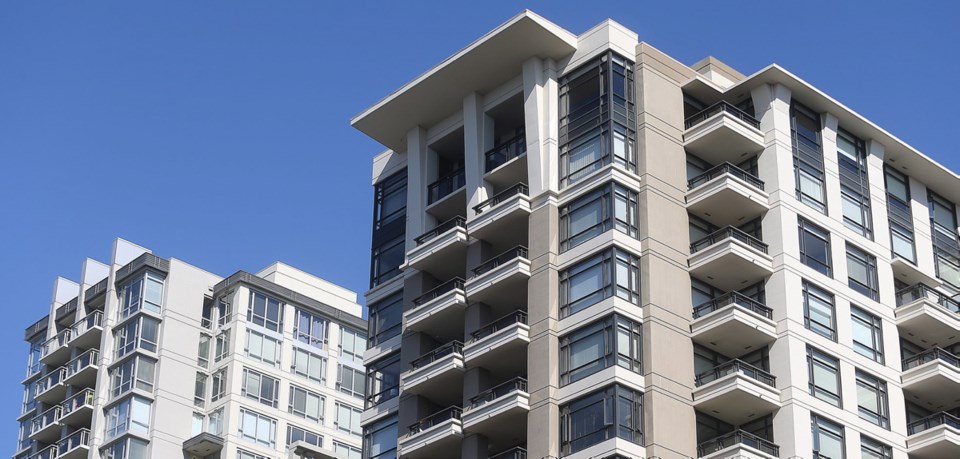Calling it a step toward levelling the playing field, Victoria’s hoteliers are applauding the City of Victoria’s new rules for short-term rental units.
Approved Thursday night, the rules will affect suite owners who have been renting out their units through online platforms such as Airbnb and treating them like businesses.
At the same time, there is some concern in the development community that the new regulations could have an effect on new condo projects in the city.
The rule changes will disallow in new developments short-term rentals of fewer than 30 days if they are in transient zones — the ones that include hotels, motels, and bed and breakfasts.
Condo units currently being operated as short-term rentals can continue to be run that way, but will lose that status if not operated as a short-term rental for a six-month period.
The new rules also mean operators of short-term rentals will have to pay for annual licences — $200 for units being rented while the principal resident is away, or a shared or private room while that resident is home; and $2,500 for entire units that do not conform to the use provisions of the Local Government Act or units zoned for transient accommodation.
“We think it’s great news and it will stop the growth [of short-term rentals] and will even the playing field,” said Reid James, general manager of the Hotel Grand Pacific and chairman of the Hotel Association of Greater Victoria.
“We were feeling the pinch. Year-to-date occupancy in the city is down a point [while the number of visitors is up]. There’s always going to be competition out there and if it’s fair we’re fine with that. The bigger issue remains affordable housing and our workers finding a place to live.”
Paul Nursey, chief executive of Tourism Victoria, agreed. He said the short-term rental situation was “completely out of control with condos being used for Airbnb.”
According to Airbnb, there are about 1,500 host units in Victoria.
“This is a good first step in getting our arms around it, so we’re pretty happy,” said Nursey. “And provisions like ensuring garden suites and secondary suites are available is very important on the workforce side of things.”
Nursey said with a regulation framework for short-term rental he believes developers will look at building hotels for a region that is low on available rooms.
“No developer will build a hotel until there’s a regulatory framework around short-term vacation rentals, so this should help stimulate that,” he said.
“Now the next step is to work on a commercial tax [for the industry],” Nursey said.
He pointed out Victoria hotels collect five per cent GST, eight per cent PST and either two or three per cent as a destination-marketing tax, while Airbnb units do not.
Tony Zarsadias, co-owner of the Condo Group which specializes in buying and selling condos, said the rules are likely palatable to condo owners and developers, but he warned there could be ramifications for developers selling their projects.
“Previous to the change yesterday, developments that allowed vacation rentals were extremely popular with investors because vacation rental condos have the highest potential to produce positive cash flow after expenses,” Zarsadias said. “The developments that aren’t built yet, but were banking on marketing the fact that the land was zoned for short-term rentals, should be hit relatively hard in the short-term, especially in the pre-sale phase.”
Zarsadias said condo buildings outside transient zone areas could see an increase in sales.
“Because investors looking at pre-sale investments will be more likely to consider them because they are no longer at a disadvantage compared to previously marketed condo buildings that do allow vacation rentals,” he said. “Investors looking to acquire pre-construction condos will view all condo buildings on a more level playing field now because returns for investors will be determined by demand for long-term rentals.”



